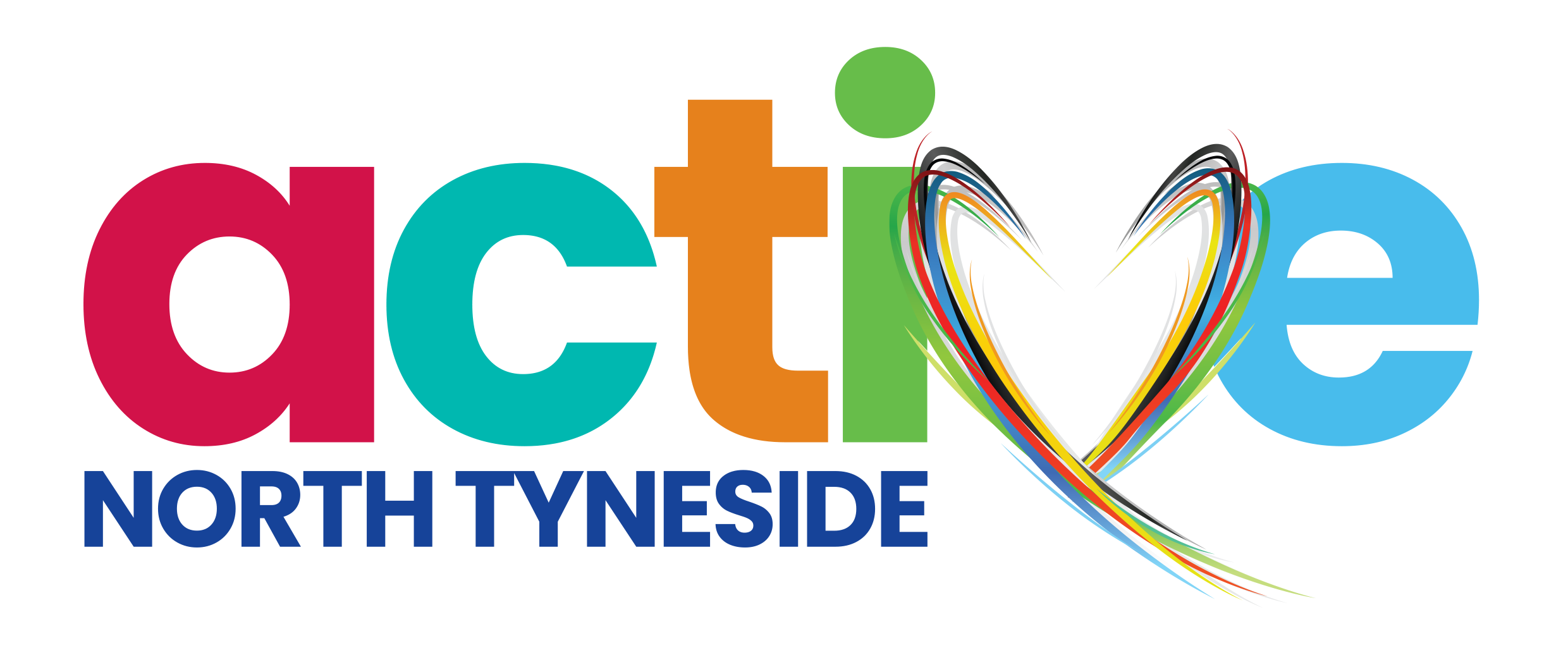Alcohol
Drinking alcohol is never recommended and it is best to be avoided, but if you learn to drink smart, you can enjoy the occasional glass or a pint if that’s something you like.
When we take in alcohol, our system is working overtime trying to deal with all those toxins and extra calories. Different people react differently to alcohol and its tolerance isn’t always the same. Here are some factors that can affect it:
How quickly you drink - more is taken in.
Your body size - the larger you are, the more tolerant to alcohol you are likely to be, as the alcohol gets more diluted.
Whether your stomach is full - if you haven’t eaten, the alcohol going in is less diluted, meaning you will feel the effects quicker.
How ‘watery’ you are, male or female? - men have a higher water content in their bodies, so again, the alcohol is more diluted.
How used to alcohol you are - if you drink regularly, you are more likely to be accustomed to alcohol and might have higher tolerance than people who don’t drink or only drink occasionally.
Your sensitivity to alcohol – some people are just more sensitive to the effects of alcohol than others.
Medication – some medications and alcohol can interfere with each other. If you take any, either long-term or for a short-term illness, you should make sure drinking alcohol is ‘safe’ for you with your doctor or pharmacist.
Government guidelines
There is no safe dose of alcohol as such. However, if you choose to drink, men and women are advised to not regularly drink more than 14 units a week and spread your drinking over three days or more if you drink as much as 14 units a week but have alcohol-free days.
How to calculate your units?
Volume of drink in mls x % alcohol volume (abv) ÷ 1000 = YOUR UNIT
Alcohol and weight management
Aside from the health effects alcohol consumption can have, we should also be aware that alcohol can be a rich source of calories. As such, 1g of alcohol contains 7 kcal (that is nearly double the amount of calories in 1g of protein or carbohydrates = 4 kcal). It tends to also be paired with a fair amount of sugar and the energy can quickly add up. When we are drinking alcohol, we are also more likely to crave high-energy foods, such as takeaways or savoury snacks or nibbles. And if we’ve had a few, we are more likely to listen to these cravings. So, when we put together the liquid calories from the drinks and those foods, our bodies can be left with a lot to deal with. And the next day? If we are feeling hungover, we are probably not going to be very physically active, and we might reach for our favourite ‘hangover cures’ – usually a big greasy meal. That is not exactly ideal either. We are not saying that you can’t have a drink or enjoy a night out, but just simply be aware that this is the reality.
Sometimes, this is where people are going wrong without realising – they might be more active and eating better but forget that calories from drinking count too.

